Living forward: My three-year lung cancer cancerversary
As I mark this third cancerversary, I do so with immense gratitude—for life, for love, and for the extraordinary medical advances that make survival possible.
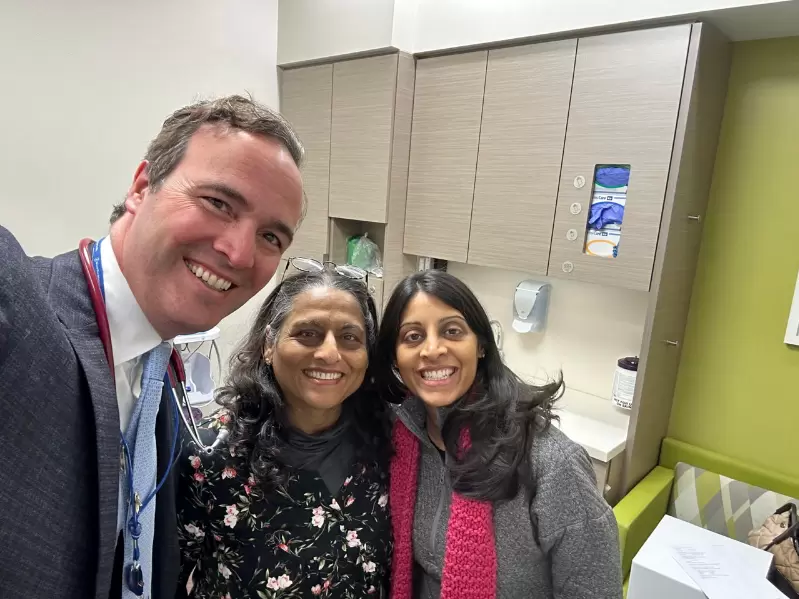 Anju Bhargava with her oncologist Dr. Daly and her daughter Anisha. / Anju Bhargava
Anju Bhargava with her oncologist Dr. Daly and her daughter Anisha. / Anju Bhargava
This Thanksgiving, November 2025, I am grateful to celebrate the third anniversary of my lung cancer diagnosis. I cannot say I am “cured”; however, I am alive—alive without active cancer and living fully. Thanks to excellent medical care, the Grace of God, meditation, unwavering support from my daughter, and from friends and family.
I have managed to remain relatively equanimous through it all. Today, with “assertive surveillance,” lung cancer is increasingly being managed as a chronic disease, much like diabetes or heart disease. I hope our community becomes more aware of the rise of lung cancer among non-smokers of all ages, particularly among Asians .
Three years ago, during a routine heart health checkup, I was unexpectedly diagnosed with stage 4 lung cancer. I was shocked—not only am I not a smoker, but the disease had already advanced. Non-smoking women, especially those of Pan-Asian heritage, are being diagnosed at alarmingly high rates. I had no family history of cancer for at least three generations, and I was healthy and active. Lungs have no nerves, so tumors cause no pain; for many, detection comes as a complete surprise, as it did for me.
Confirming the diagnosis and assembling the right medical team took a few months. A lung tissue biopsy revealed an Epidermal Growth Factor Receptor (EGFR) mutation in the right lower lobe, which allowed me to receive targeted therapy with Tagrisso (Osimertinib). EGFR mutations are genetic alterations associated with non-small cell lung cancer and are critical in guiding treatment with targeted therapies such as tyrosine kinase inhibitors, like Osimertinib.
Because of the stage 4 diagnosis, chemotherapy and radiation were not immediate options. My first line of defense was a pill, which I began taking the day after Thanksgiving in 2022. By March, metastasis to the lymph nodes had resolved, and the cancer was confined to the left lower lobe. In August 2023—within eight months—my doctors removed the primary tumor to help delay any progression. The lobectomy confirmed no active cancer cells, achieving a “no evidence of disease” (NED) status. Dr. Daly at Memorial Sloan Kettering Cancer Center (MSKCC) described it as “the best possible outcome one could hope for.”
Today, I am monitored closely so that if my body becomes resistant to Tagrisso, my oncology team—Drs. Daly and Gomez at MSKCC—can pursue second-line treatments. The “assertive surveillance” includes quarterly PET and low-dose CT scans and more recently liquid biopsy for early detection. From the beginning, my treatment plan has incorporated an “integrative medicine” approach, including acupuncture, massage, yoga, meditation, and supplements.
I often wonder how I developed lung cancer. I ate healthily, was active, and believed I lived in a clean environment. Environmental factors, it turns out, may have played a significant role. I worked in lower Manhattan during the 9/11 attacks and was exposed to dust and fallout—an impact that appeared more than two decades later.
My younger sister who lives in Delhi and faces extreme air pollution, was recently diagnosed and is being treated with the same targeted therapy. Although the EGFR mutated cancer is not hereditary and I carry no known genetic markers to predict cancer, I wonder if there may be a predisposition to environmental triggers that science has not yet identified for us.
Now that I am retired, I enjoy yoga, gardening, traveling, and spending time with my grandchildren, family, and friends. My goal is to continue building physical strength so my body is resilient for whatever the future brings. Vipassana and Vedic philosophy continue to anchor me and help me maintain balance on this journey.
As I mark this third cancerversary, I do so with immense gratitude—for life, for love, and for the extraordinary medical advances that make survival possible. With “aggressively active surveillance,” faith and spirituality, and a commitment to holistic well-being, I look forward to celebrating many more Thanksgivings. May my experience encourage others to seek awareness, advocate for themselves, and find strength even in the most unexpected chapters of life.
Anju Bhargava is a retired federal executive, former senior banker, and community builder with over four decades of experience.
ADVERTISEMENT
ADVERTISEMENT
E Paper
Video



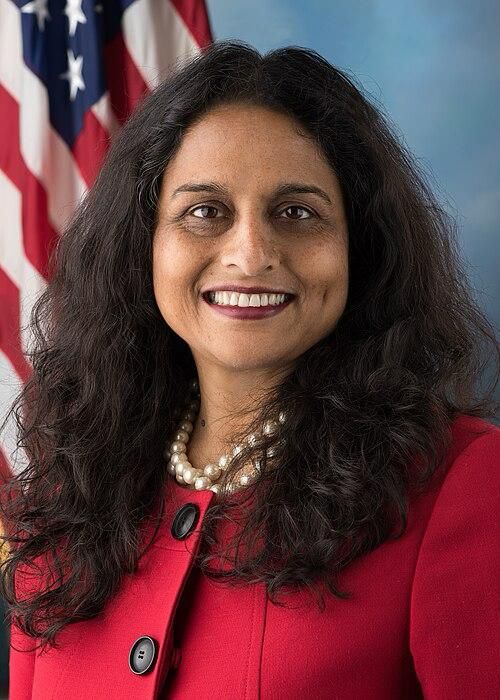 Anju Bhargava
Anju Bhargava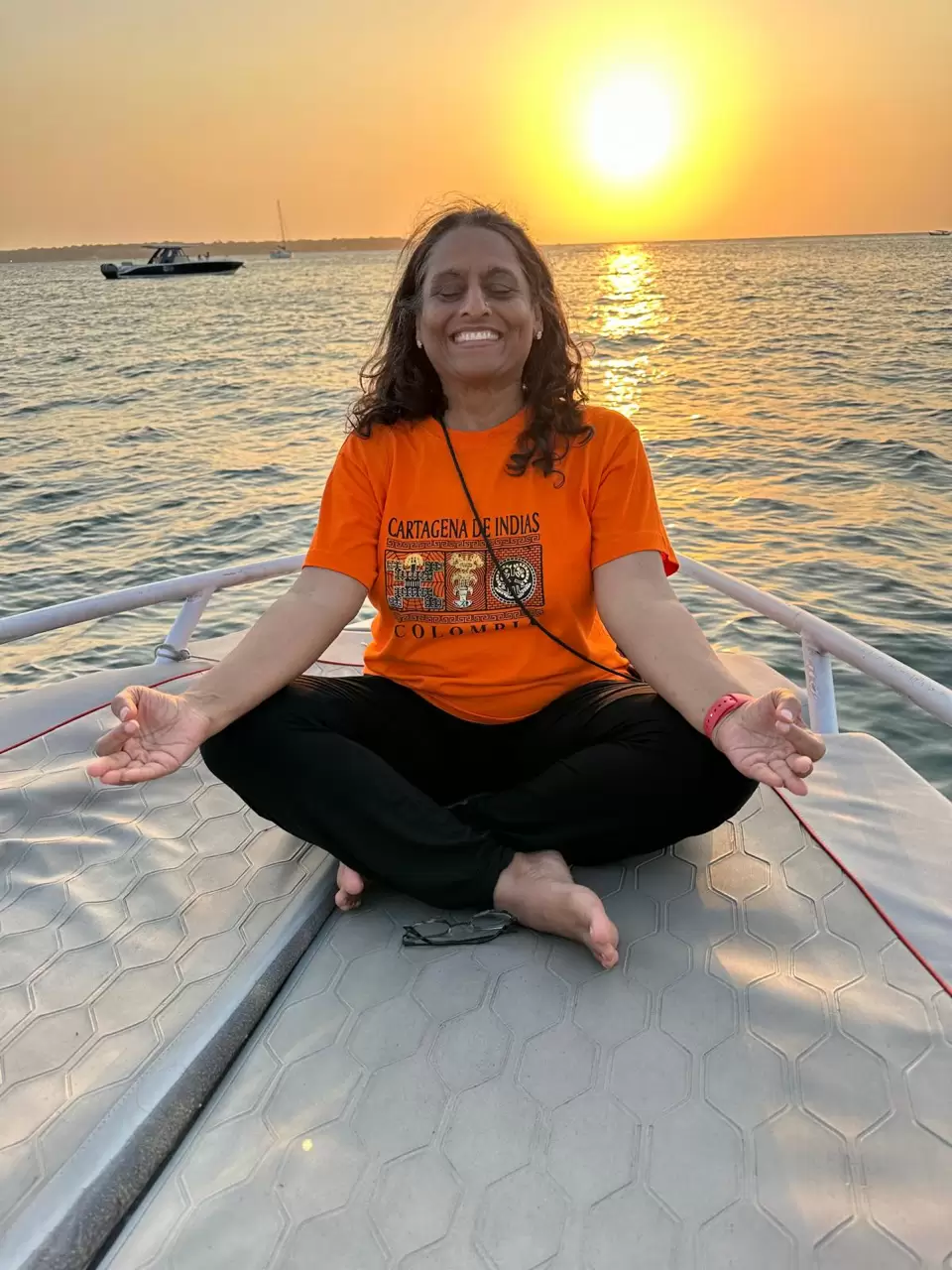
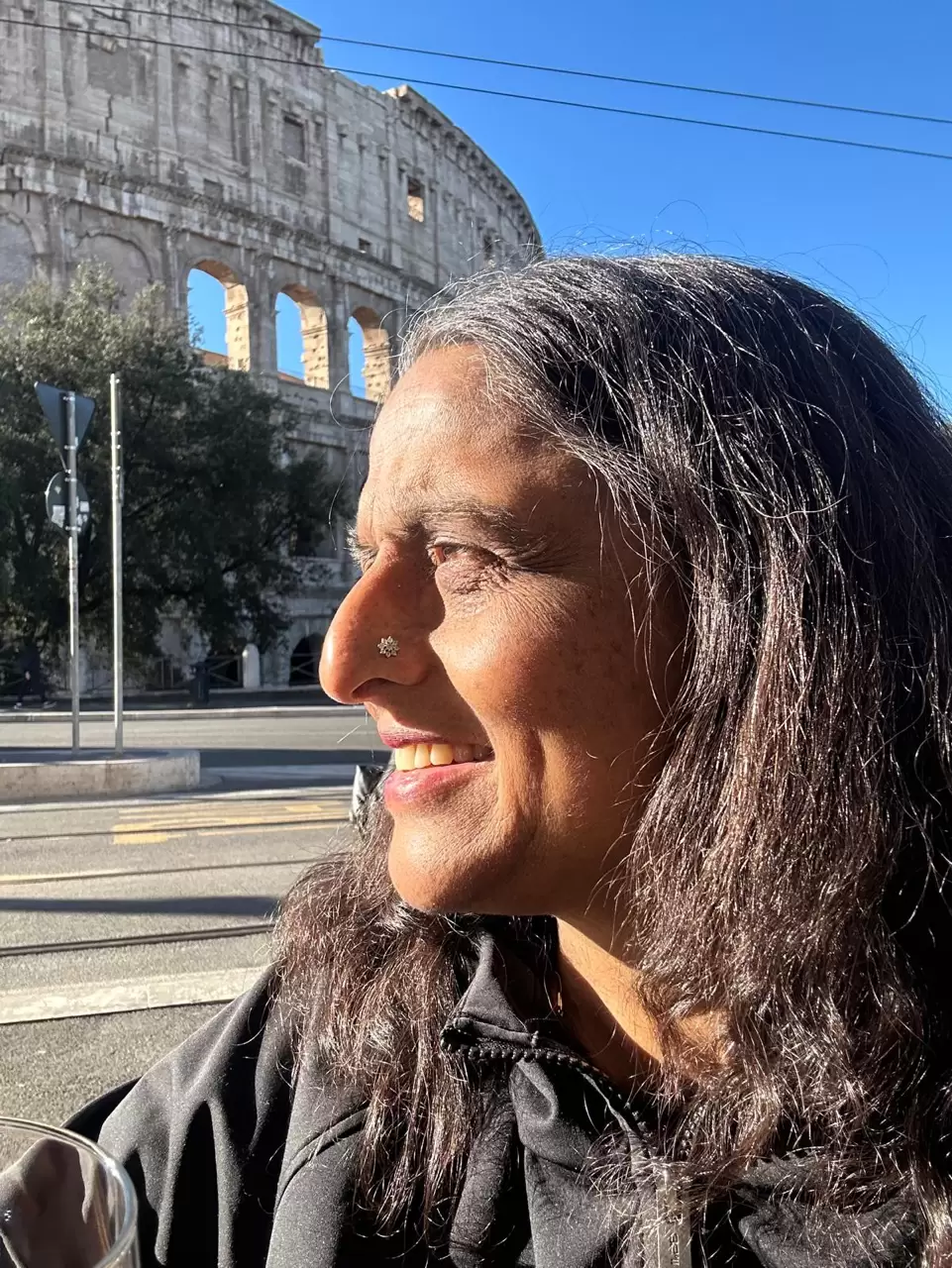
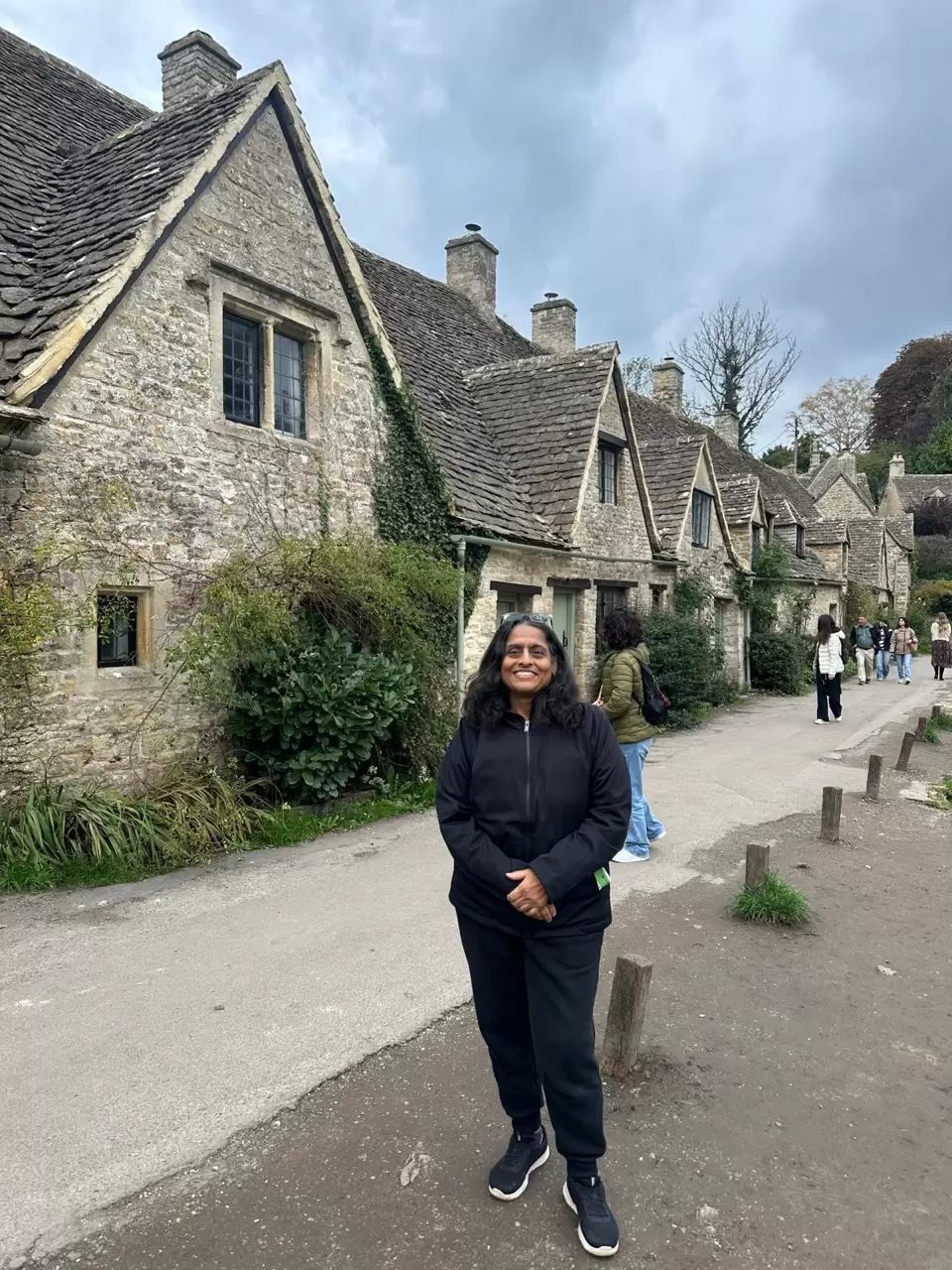
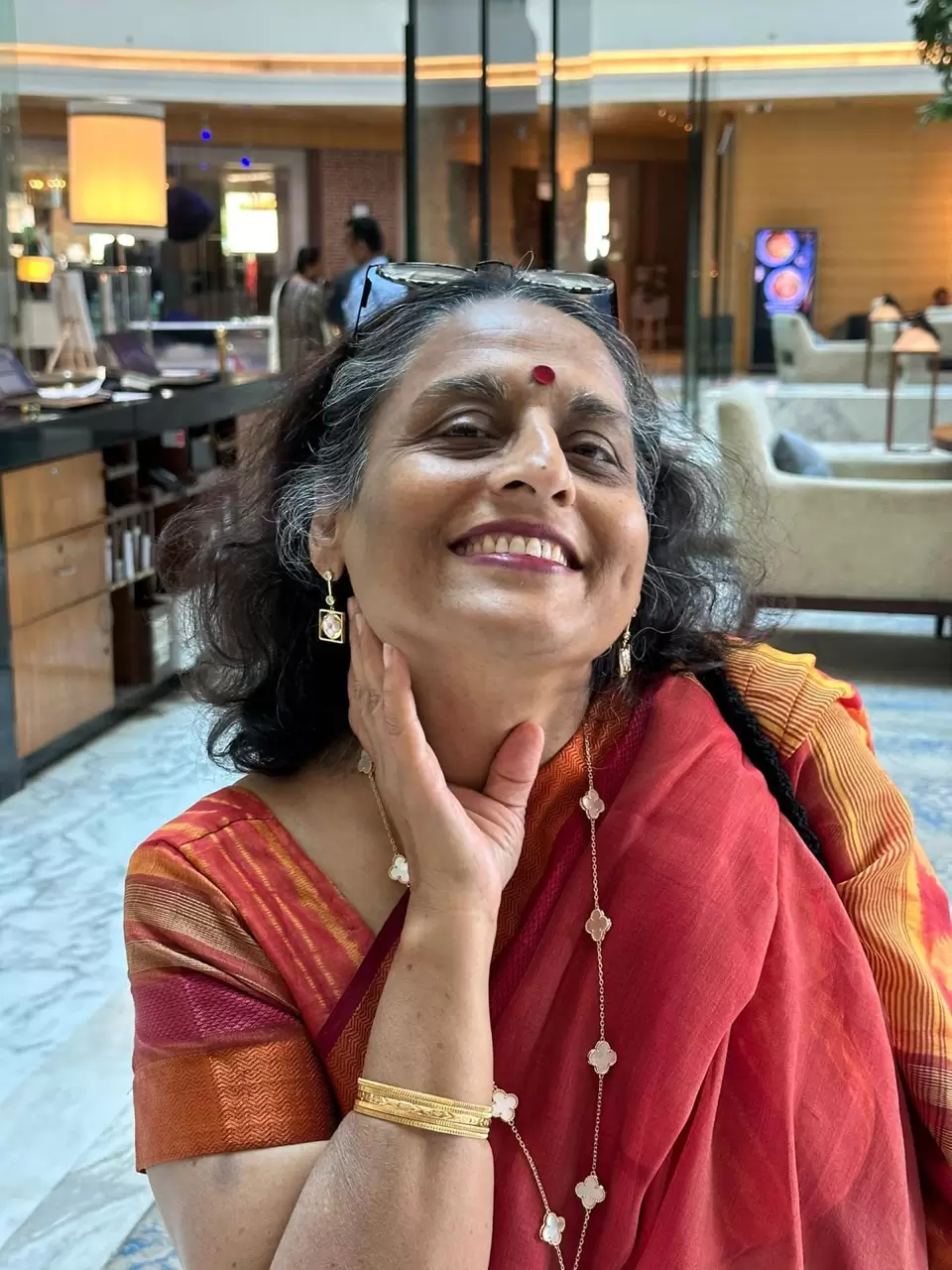
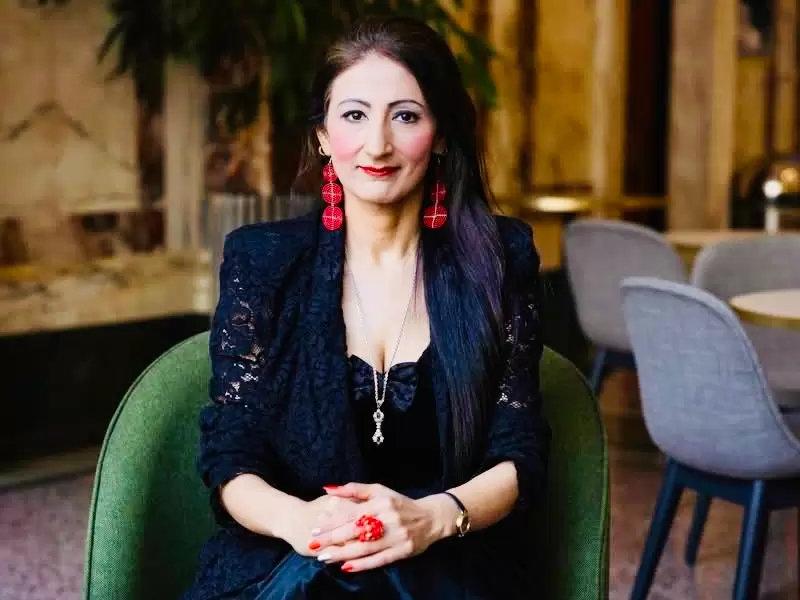


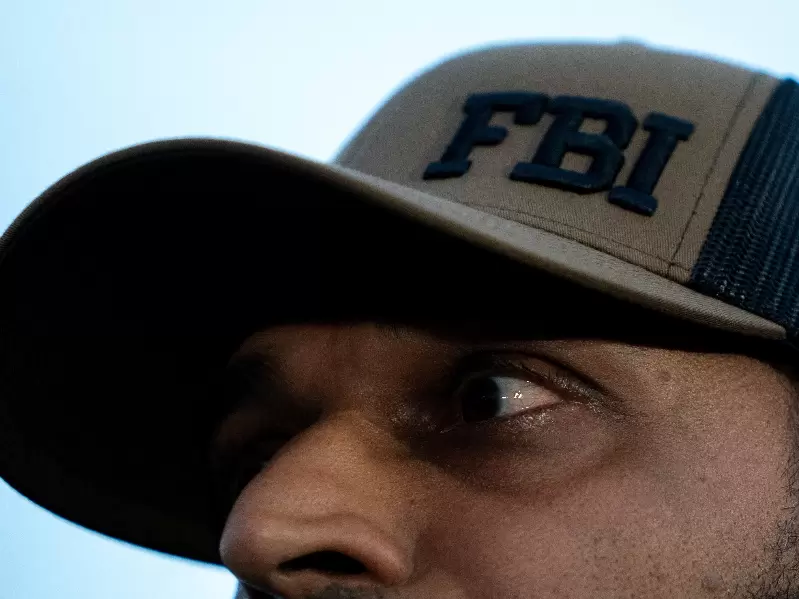
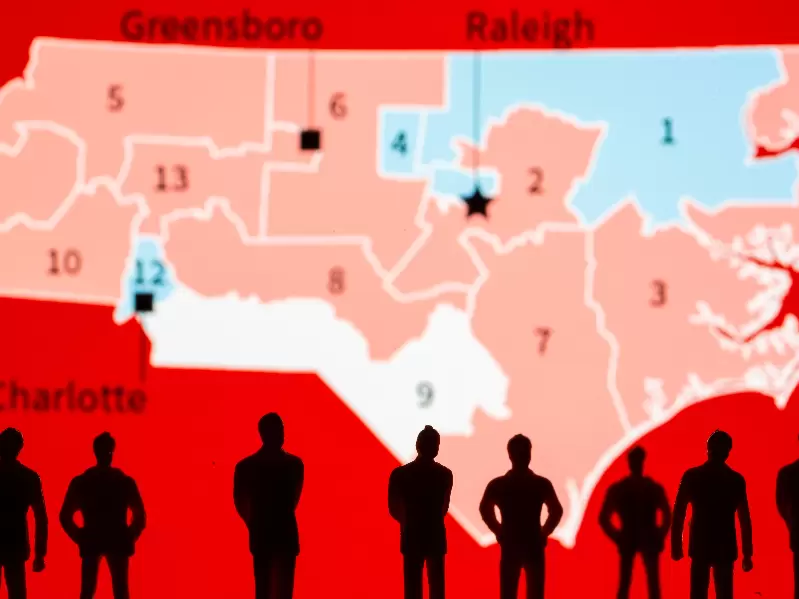
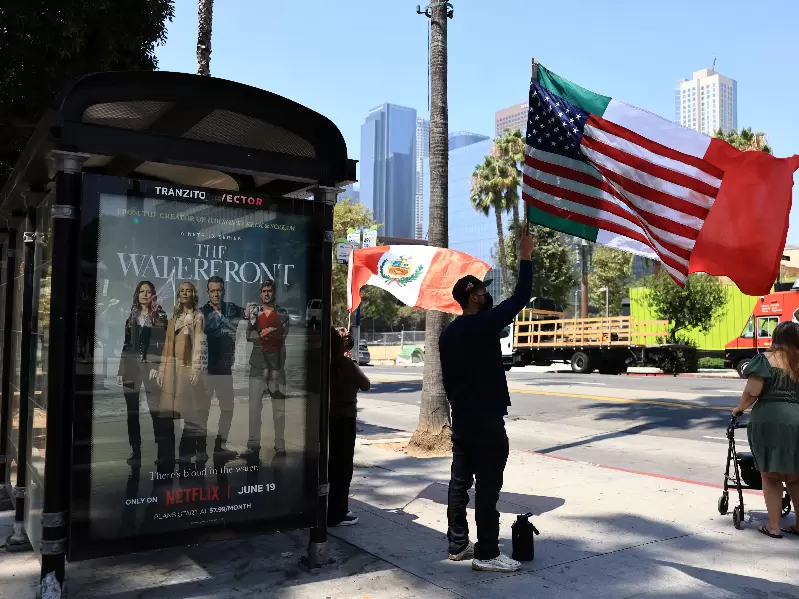
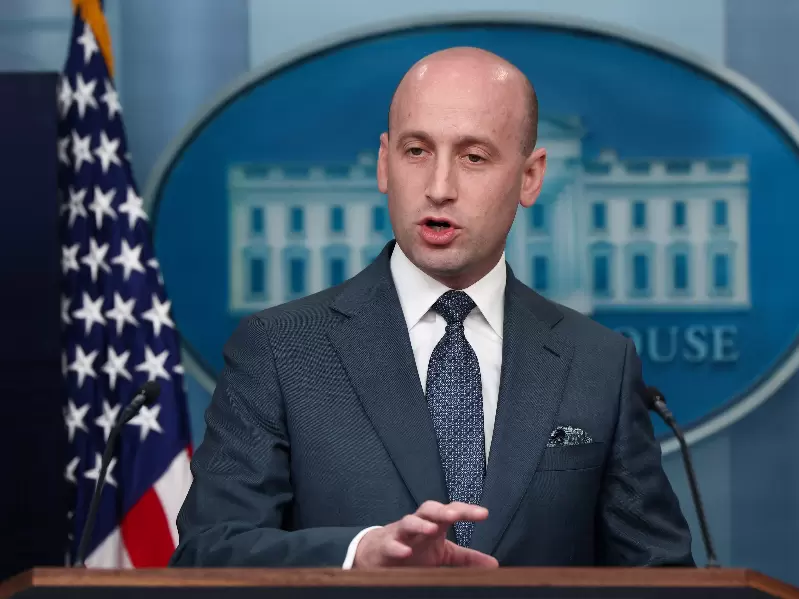
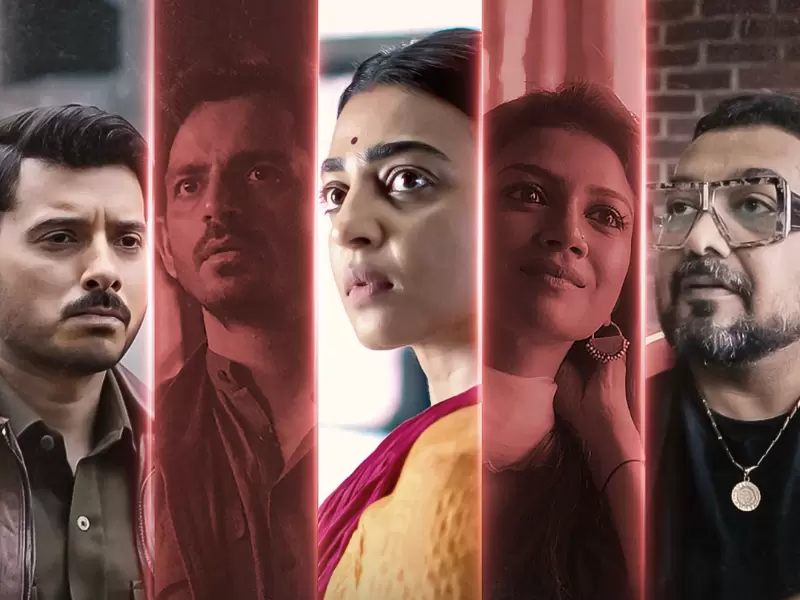
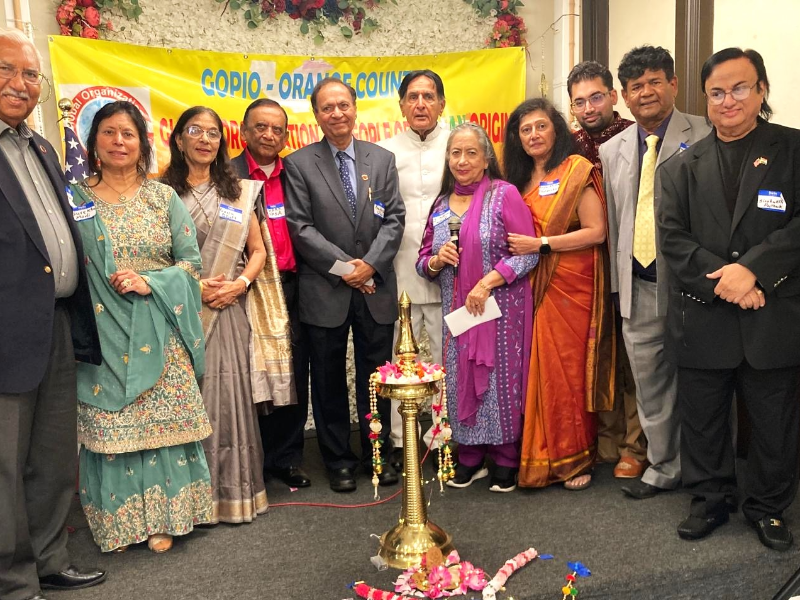



Comments
Start the conversation
Become a member of New India Abroad to start commenting.
Sign Up Now
Already have an account? Login